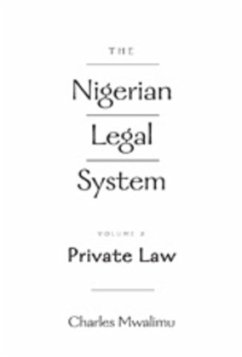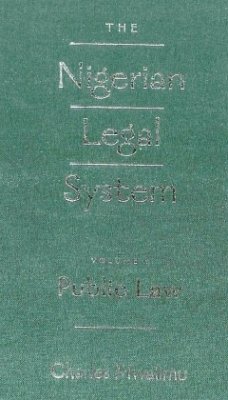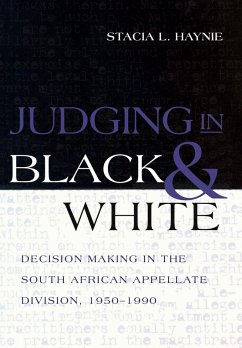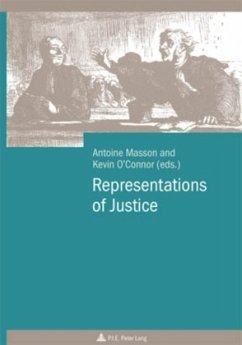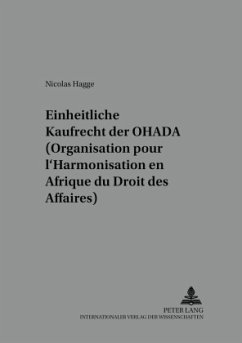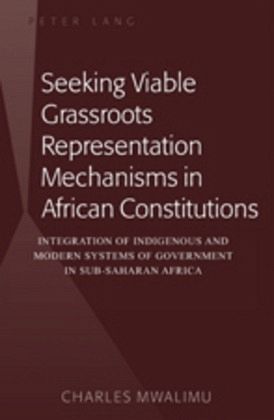
Seeking Viable Grassroots Representation Mechanisms in African Constitutions
Integration of Indigenous and Modern Systems of Government in Sub-Saharan Africa
Versandkostenfrei!
Versandfertig in 6-10 Tagen
143,70 €
inkl. MwSt.

PAYBACK Punkte
0 °P sammeln!
In this book Charles Mwalimu explores viable grassroots representation mechanisms in African constitutions in order to positively integrate indigenous and modern systems in Sub-Saharan Africa. A comparative study method is used to examine the constitutional principles of chieftaincy and local government and their impact on human rights. To establish and prove lack of positive integration Mwalimu connects this failure to poor constitutionalism, development and stultified growth and human rights violations. This book proposes remedial actions to build nondiscriminatory constitutional regimes era...
In this book Charles Mwalimu explores viable grassroots representation mechanisms in African constitutions in order to positively integrate indigenous and modern systems in Sub-Saharan Africa. A comparative study method is used to examine the constitutional principles of chieftaincy and local government and their impact on human rights. To establish and prove lack of positive integration Mwalimu connects this failure to poor constitutionalism, development and stultified growth and human rights violations. This book proposes remedial actions to build nondiscriminatory constitutional regimes eradicating violations of human rights.





